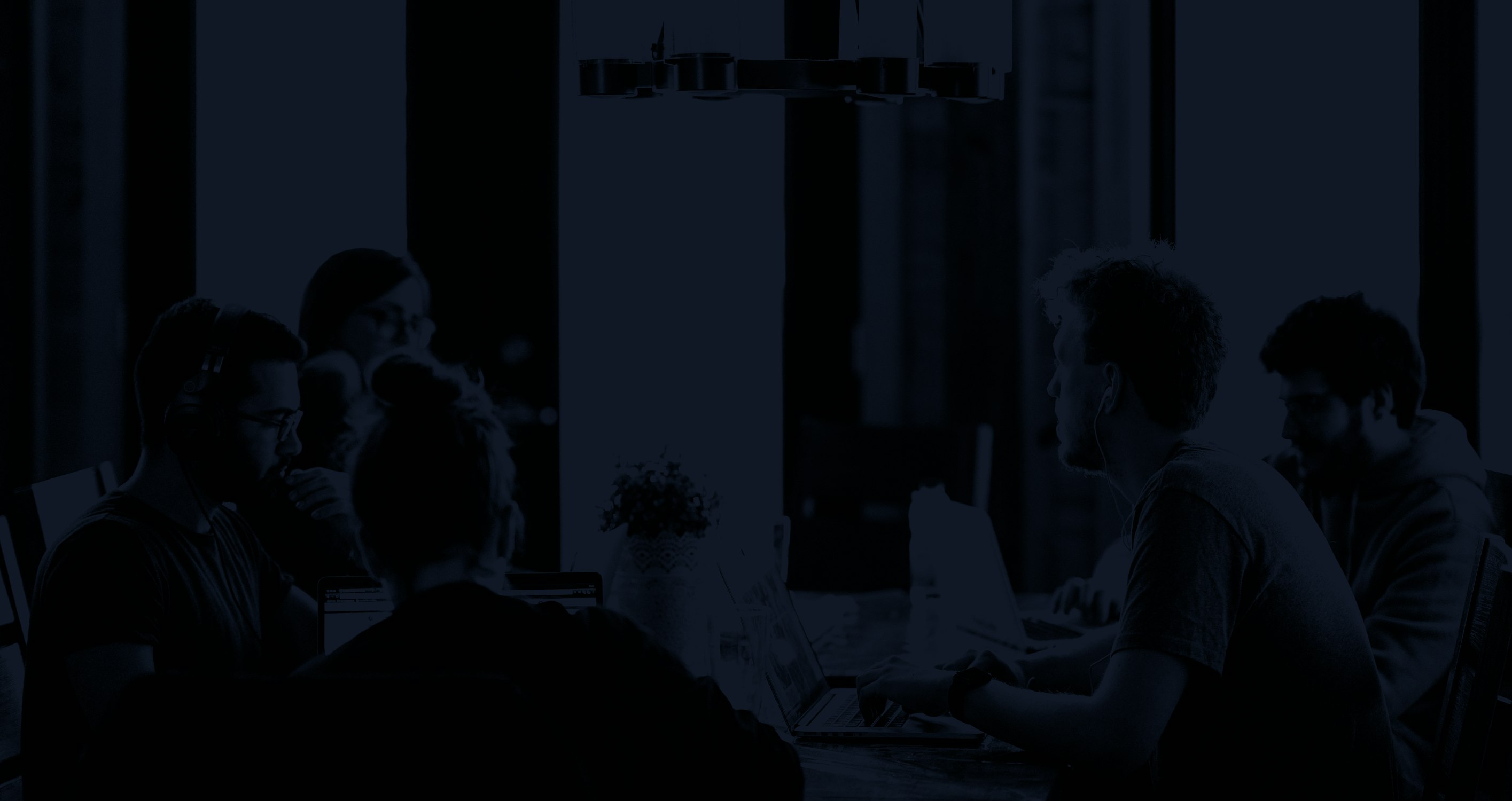Most vendors take huge cuts of bill rates, meaning you get unqualified and overpriced engineers. 508.dev is a co-op, so it's owned, governed, and operated by our engineers. That means nobody can beat our margins, and nobody can offer a better ratio of engineering quality to bill rate.


We match excellent engineers with projects befitting their experience, applying our high standards to every project. We've functioned as a consultancy, a development firm, a manged service provider, and agency for previous clients. Email us at hello@508.dev for more info.
508.dev members all follow a rigid set of principles as a condition of membership.
Our members come from a wide range of technical backgrounds. Our skills cover nearly every engineering discipline.
45 Members
69 Members
13 Members
6 Members
7 Members
From Silicon Valley to NYC to Singapore, our members have built for the top companies with the best engineering teams on earth. Now, they're available to build with you.